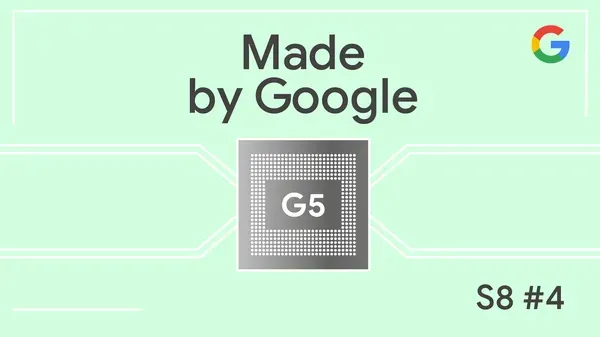Google just lifted the curtain on its most ambitious mobile chip yet. The Tensor G5 powering the new Pixel 10 lineup brings AI features that sound straight out of science fiction - including Live Translate that speaks in your own voice and a 100x ProRes Zoom that redefines smartphone photography. This isn't just another chip upgrade; it's Google's boldest bet on AI-first mobile computing.
Google is making its biggest play yet in the AI smartphone wars, and the weapon of choice is the new Tensor G5 chip that's about to reshape what we expect from mobile devices. The company just pulled back the curtain on its latest silicon breakthrough through the Made by Google Podcast, revealing features that blur the line between helpful and slightly unsettling.
The standout feature that's got everyone talking is Live Translate with voice cloning. Yes, you read that right - the Tensor G5 can now translate conversations while maintaining your actual voice characteristics. Jesse Seed, group product manager for Google's silicon team, walked through how this works during the podcast episode, explaining that the chip's AI processing power can analyze your speech patterns and recreate them in different languages in real-time.
But Google didn't stop there. The Pixel 10 Pro is getting what they're calling a 100x ProRes Zoom - a capability that would have been impossible without the G5's computational photography muscle. Traditional smartphone zoom has always been limited by physics, but Google is using AI to fill in the gaps, essentially creating detail where none existed before through advanced machine learning algorithms.
Then there's Magic Cue, which Google describes as an 'agentic helper' - tech speak for an AI that doesn't just respond to commands but anticipates what you need. Think of it as Google Assistant's smarter, more proactive cousin that's actually embedded in the chip itself rather than running in the cloud.
The timing couldn't be more crucial. While Apple has been making waves with its A-series chips and Qualcomm dominates the Android flagship space, Google's been quietly building something different. Instead of just raw processing power, they're focusing on AI-specific capabilities that leverage their machine learning expertise.
What makes the Tensor G5 particularly interesting is how it handles on-device AI processing. Previous generations still relied heavily on cloud computing for complex AI tasks, creating latency and privacy concerns. The G5 brings more of these capabilities directly onto the device, which means faster responses and better privacy protection.












